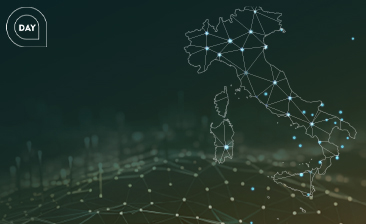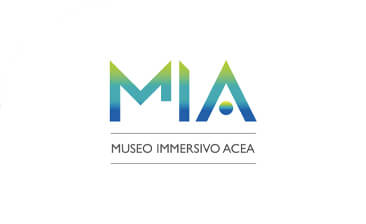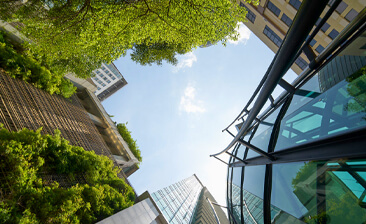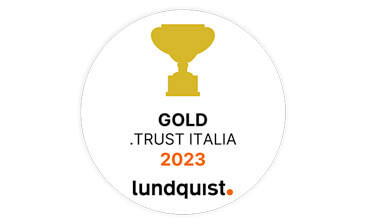
Acea for World Energy Saving Day
Over the years, Acea has directed its approach towards sustainability. In fact, its strategic planning includes two integrated aspects – industrial and sustainable – that follow the same path.
Acea has planned to invest a total of 7.6 billion euros by 2028. Of this, 5.5 are destined to reaching sustainability targets such as protection and management of water resources, electric mobility development, energy transition, circular economy and decarbonization.
Acea’s main sustainability objectives are in line with the greater strategy defined in the UN’s 2030 Agenda, an action plan signed by its member countries in 2015, which sets 17 sustainable development goals (SDGs) to be achieved within the next 10 years.
Specifically, Acea’s main investments are aimed at reaching 14 SDGs.
Circular economy, innovation applied to infrastructure management, clean energy and environment, resilience, energy efficiency, and protection of water resources. All these topics are included in the 5 macro-objectives of the Group’s Sustainability Plan, the strategic tool that defines how sustainability is concretely translated into business management.
Acea has been investing in circular economy for many years. This commitment is maintained through a number of waste treatment plants, including composting plants, and paper, iron, wood, glass, plastic, and metal recycling plants, as well as other reduction or recycling activities, including sewage sludge management.
The SmartComp large-scale composting project applies sustainability to the organic waste transformation process. Acea SmartComps are mini composting plants that transform organic waste in compost directly in the location where the waste is produced. One of the advantages is lower CO2 emissions, consequence of the fact that road transport to take waste to composting centers is out of the equation. Another advantage is the production of compost, reusable as a fertilizer in agriculture and flower and plant cultivation.
In the sector of the treatment of recycled plastics , Acea manages plants in Abruzzo, Marche, Piedmont, Umbria and Veneto.
To give value to non-recyclable waste from the plastic recycling process, the company is also involved in the P2Me or “Plastic to Methanol” project. The so-called “Plasmix” is a mix of different plastic, discarded by recycling centers because it cannot be recycled in the same way as other plastic: through chemical transformation, the technology developed allows to extract methanol from rigid and flexible plastic that cannot be recycled.
As regards the water resource, Acea carries out a model that respects the timing and dynamics of groundwater recharge, studying the ongoing climate changes and their effects on the availability of the resource.
The model is key to managing water in a sustainable manner, as IoT instruments and equipment will allow us to establish in real time the optimal set up for the aqueduct system and the exact amount of water intake required from each source in order to guarantee the continuity of the service while protecting water resources for future generations.
Anna Varriale, Head of Water Resources Acea Ato 2
In the same context, the Waidy Wow app project was conceived to encourage users to make responsible choices and contribute to taking care of our water resources. The app is just one step towards an ecosystem of smart products designed to create a real water community that uses technology to valorize and respect water and the environment.
Discover the latest news and initiatives of the Acea Group

Acea for World Energy Saving Day

Visit the virtual museum about the history of the Acea Group

The channel for the commercial requests on land urbanisation

Acea turns the spotlight on the Rome Film Festival 2023

Acea is in the "Gold class" in the .trust research

Read more about our culture of inclusiveness